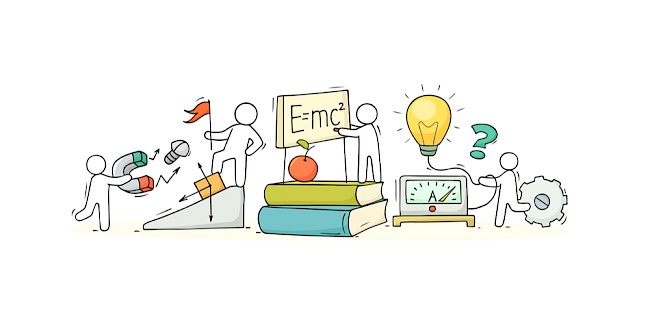The national curriculum for Science aims to ensure that all pupils:
- develop scientific knowledge and conceptual understanding through the areas of biology, chemistry and physics
- develop understanding through different types of science enquiries that help them to answer scientific questions about the world around them
- are equipped with the scientific knowledge required to understand the uses and implications of science, today and for the future.
At Meon Infant School, we strive to give our children practical, investigative opportunities which encourage children to become independent learners with enquiring minds.
During Year 1 and 2, children at Meon Infants will be taught to use the following practical scientific methods, processes and skills through:
- Asking simple questions and recognising that they can be answered in different ways.
- Observing closely, using simple equipment.
- Performing simple tests.
- Identifying and classifying.
- Using their observations and ideas to suggest answers to questions.
- Gather and record data to help when answering questions.
Year 1
During Year 1, children will learn about Plants, Animals (including Humans), Uses of Everyday Materials and Seasonal Changes.
These areas of Science will be taught through our topics and will involve investigations such as choosing the best material for making a model of a castle’ Alongside our topics, we are always focusing on ‘Working Scientifically’ – whereby children are using their investigative skills to question, test, observe and explain.
Year 2
During Year 2, children will revisit scientific topics involving Plants, Animals (including Humans) and Uses of Everyday Materials. They will also be investigating Living Things and their Habitats using the school’s environmental garden and visiting local parks.
These areas of Science will be revisited through our creative topics and will involve the children investigating in a variety of ways and ensuring a deeper understanding of previously learnt ideas and concepts. Alongside these revisited topics, Year 2 will continue to focus on ‘Working Scientifically’ so that the children leave us able to predict, question, investigate, observe and explain their results.


